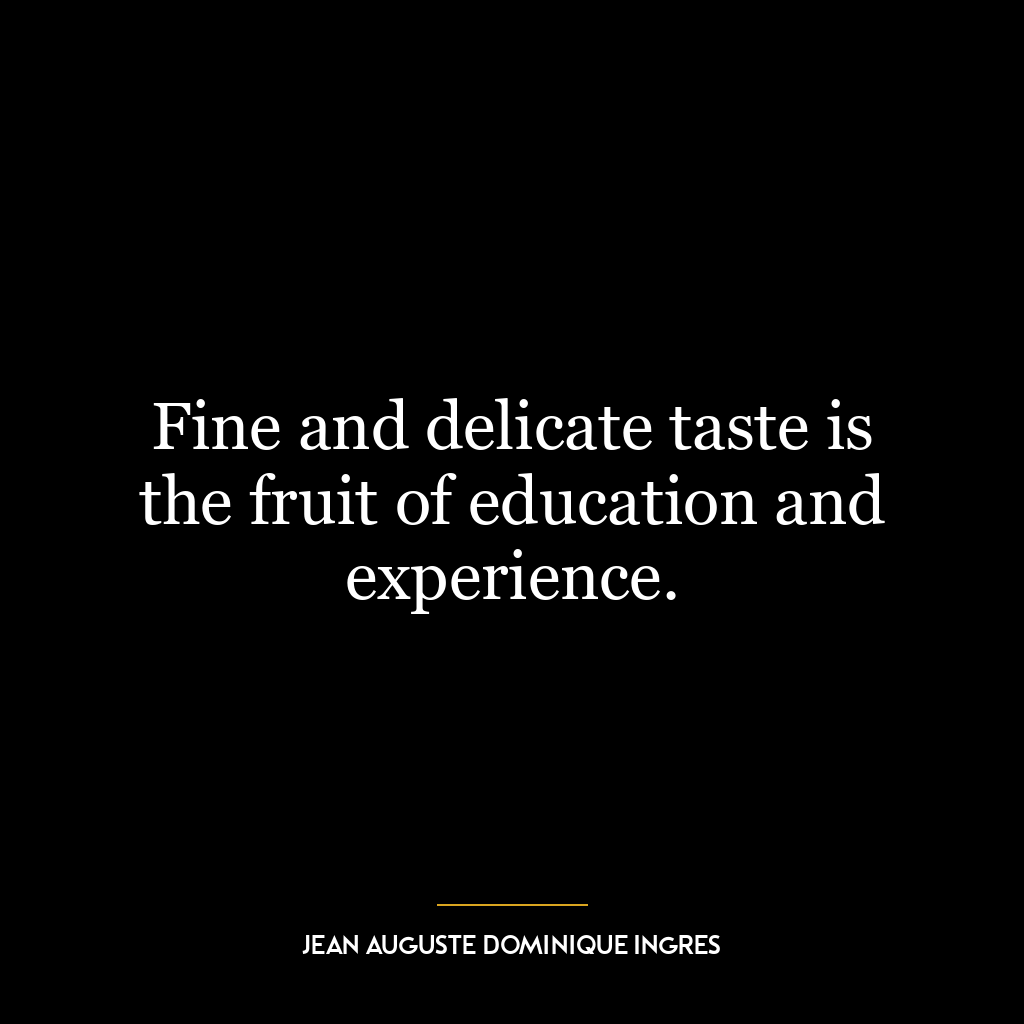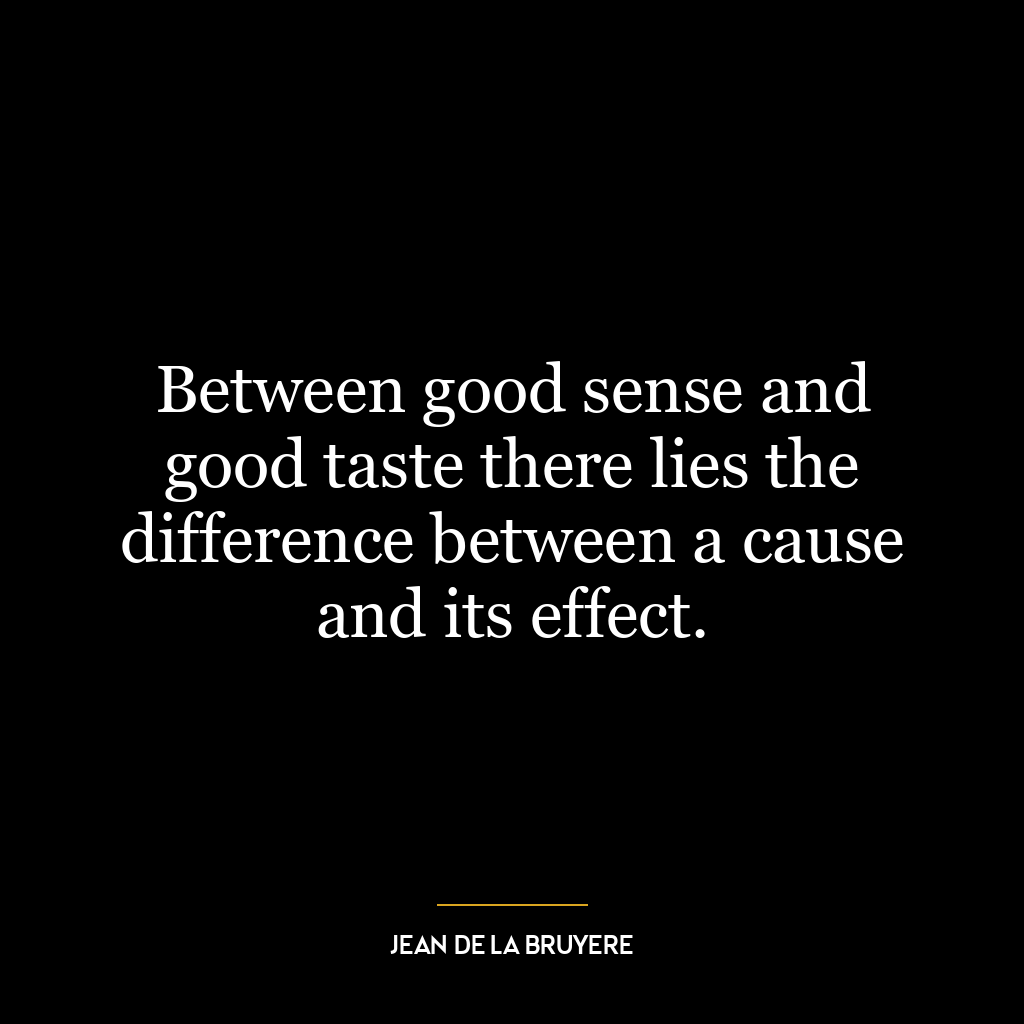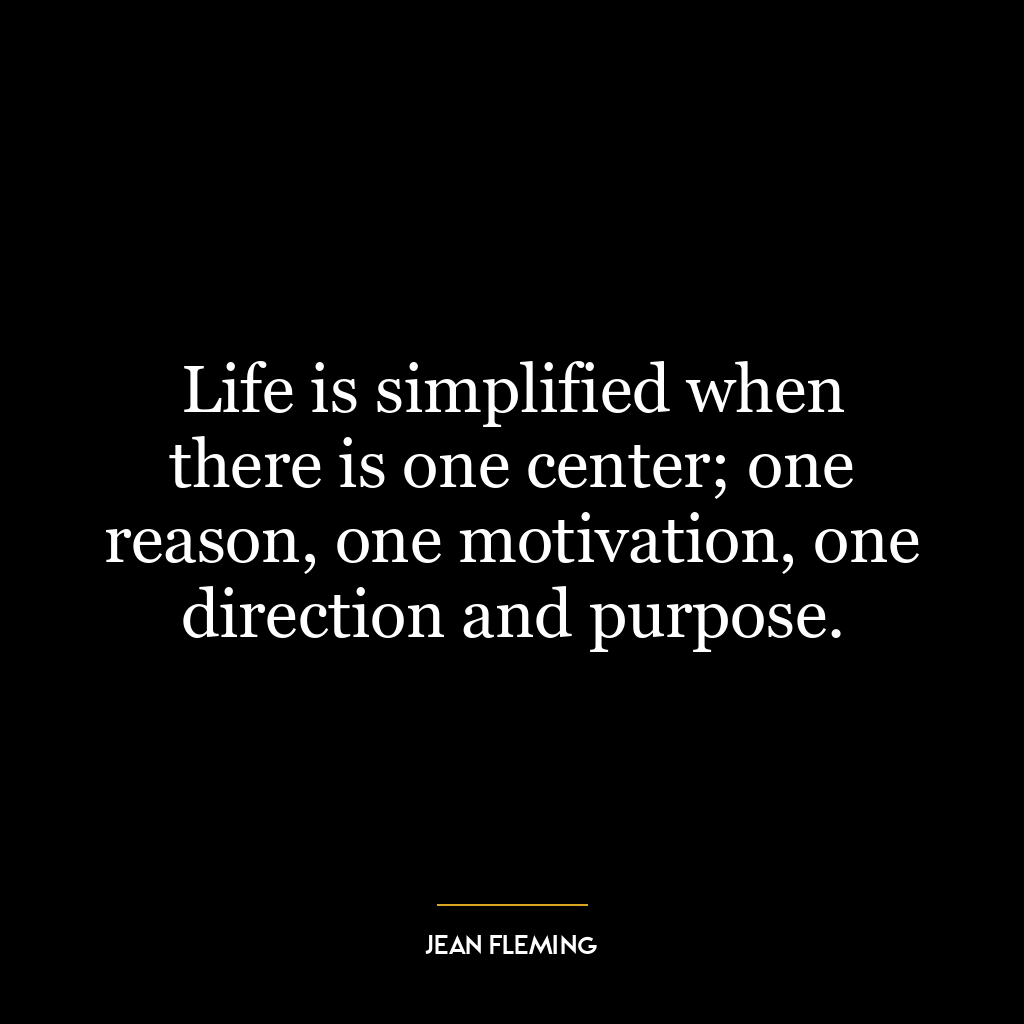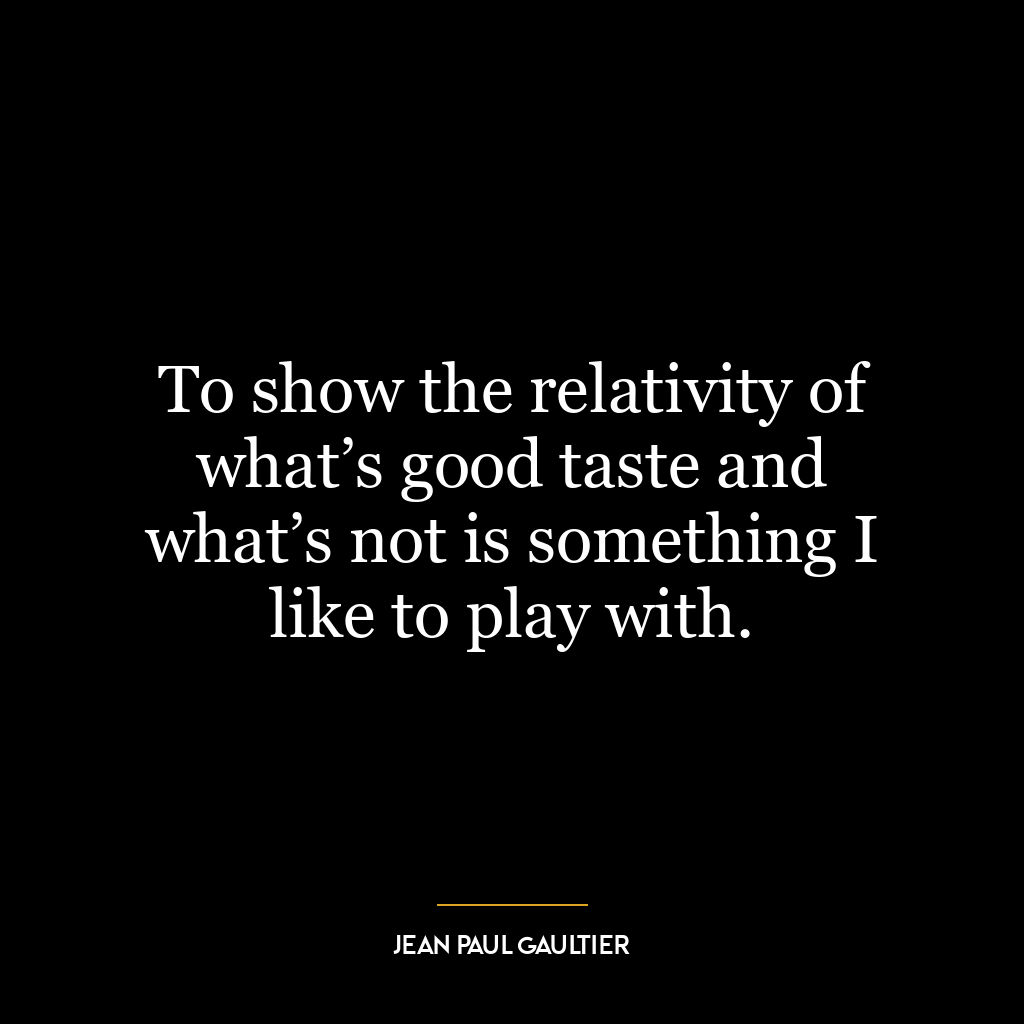This quote suggests that humans, by nature, tend to complicate their lives, and it is only through conscious effort and experience that they learn to appreciate and strive for simplicity. The idea of simplicity being an “acquired taste” implies that it’s something that may not be immediately appealing or understandable, but over time, its value becomes apparent.
The instinctive tendency to complicate life could be attributed to various factors. For instance, humans are naturally curious and have the desire to explore, experiment, and push boundaries, which often leads to complexity. Moreover, societal norms and expectations often promote a more complex lifestyle, equating busyness and multitasking with productivity and success.
Applying this idea to today’s world, we can see how our lives have become increasingly complex with technological advancements. While these advancements have brought many benefits, they have also added layers of complexity to our daily lives. We are constantly connected, always available, and continually bombarded with information, making life seem more complicated than ever before.
In terms of personal development, this quote could serve as a reminder to strive for simplicity. This could mean decluttering physical spaces, simplifying tasks, or even streamlining thoughts and emotions. It suggests that by reducing unnecessary complexities, we can create more space for what truly matters and improve our overall well-being.
However, it’s important to remember that simplicity does not necessarily mean minimalism or lack of ambition. Rather, it’s about removing the excess and focusing on the essentials. It’s about finding clarity amid chaos and making conscious choices about how we spend our time and energy.
In conclusion, while our instinct may be to complicate life, learning to appreciate and strive for simplicity can lead to a more balanced and fulfilling life. It’s an ongoing process and a journey of self-discovery, but the rewards can be well worth the effort.










